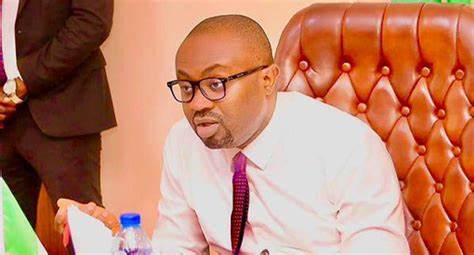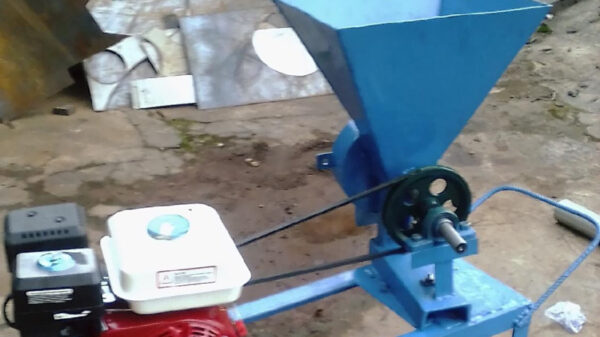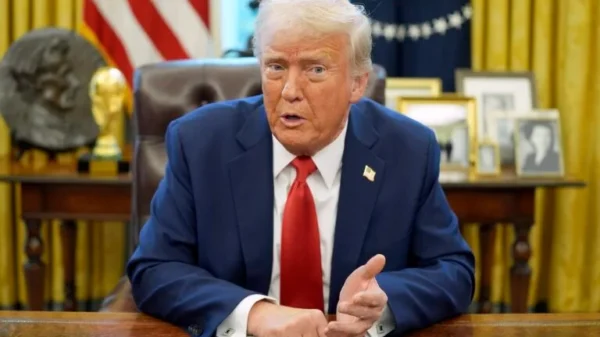Federal government has suspended the $10,000 and $15,000 expatriate levy imposed on employers.
This was disclosed in a statement signed by the National President, the Nigerian Association of Chambers of Commerce, Industry, Mines, and Agriculture, Dele Kelvin Oye, on Friday, March 8.
The statement read, “The Nigerian Association of Chambers of Commerce, Industry, Mines, and Agriculture, in collaboration with key stakeholders, announces a temporary step down of the recently enacted Expatriate Employment Levy by the Federal Ministry of Interior, as administered by the Nigerian Immigration Service.”
Oye said the resolution was taken following a successful Trade and Investment outreach led by President Bola Ahmed Tinubu in Qatar and a productive meeting with the Minister of Industry, Trade and Investment, Doris Aniete, and the Minister of Interior, Olubunmi Tunji-Ojo.
Others in attendance were the president of NACCIMA Mr. Dele Oye, the President of Petroleum Technology Association, the President of Special Economic Zones Association, the Director General of The Nigerian Turkiye Business Council, the European Union Trade delegation head, the NACCIMA Chair of Digital Trade Group and the representatives of the National Association of Small and Medium Scale Enterprises NASME.
On February 27, 2024, the federal government launched the Expatriates Employment Levy (EEL) Handbook. The levy is a government-mandated contribution imposed on employers who employ expatriate workers in Nigeria. It imposes $10,000 for an expatriate worker and $15,000 for a director.
However, the introduction of the levy attracted widespread condemnation from private sector groups.
Subsequently, in a twist of event, the Nigerian Association of Chambers of Commerce, Industry, Mines, and Agriculture (NACCIMA), in collaboration with key stakeholders, announced a temporary step down of levy which is administered by the Nigerian Immigration Service.
Among other reasons, they said the levy will impact the much-needed Foreign Direct Investment by the current administration to rein in the free fall of the naira.
Announcing the suspension, the NACCIMA president said the policy reversal would allow for further consultations with NACCIMA and other vital stakeholders, adding that a review committee would be constituted.
NACCIMA said: “We advise all investors, both current and prospective, to continue with their business activities and investment plans in Nigeria with confidence. The assurances provided by both ministers during the negotiations have reinforced the federal government of Nigeria’s intent to enhance the investment landscape and support economic growth.”
![]()






























































